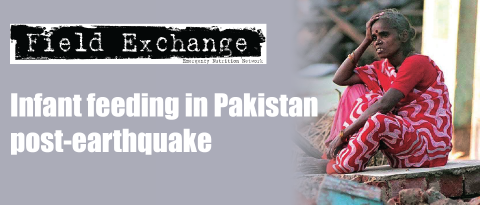Needs of older people in tsunami response

Ramasamy, age 75, at Akkrapattai Relief Camp, Nagapattinam, India
According to a recent HelpAge report, the tsunami relief effort, following the Indian ocean earthquake on December 26th 2005, did not take into account the special needs of older people in the initial phase. The report claims that the elderly became almost invisible when relief material was distributed. Many elderly people reported being pushed out of the way by younger people in the chaotic distribution of relief. In Indonesia and Thailand, the elderly had difficulty getting cash allowances from the government in the absence of support mechanisms. In Sri Lanka, some elderly people reported receiving no monetary compensation to restart livelihoods. Many elderly tsunami survivors with chronic illnesses, such as diabetes and cancer, faced hardship in resuming treatment as they had lost their medical papers or could not travel. Special diets for the elderly with diabetes or high blood pressure were not available in the relief packages and relief workers did not know about the dietary problems of elderly people.
HelpAge researchers also said that psychosocial services for the elderly were totally inadequate and that their recovery was hindered by lack of special attention.
According to Mathew Cherian, chef executive of HelpAge India, "neither the government machinery nor the international aid fraternity recognised the vulnerability of the elderly".
The report, The impact of the Indian ocean tsunami on older people: Issues and recommendations (Helpage, 2005), is available online or to order at http://www.helpage.org
Imported from FEX website


